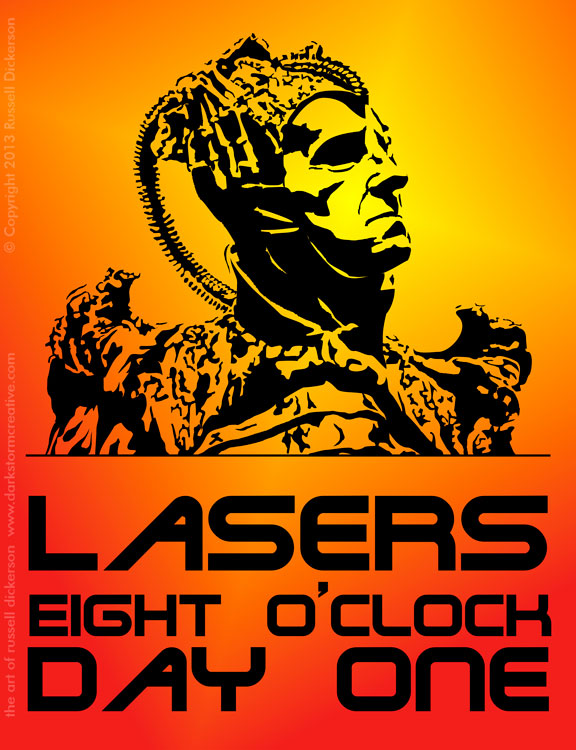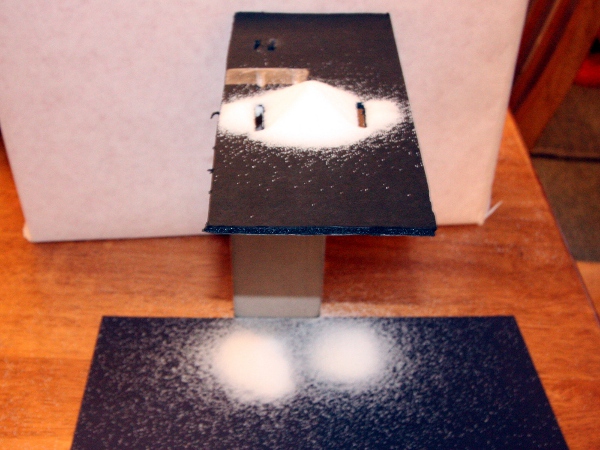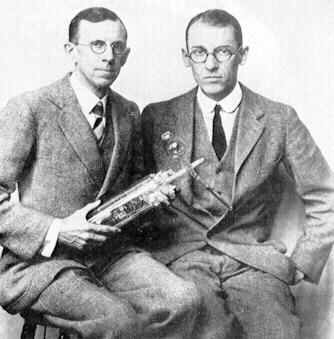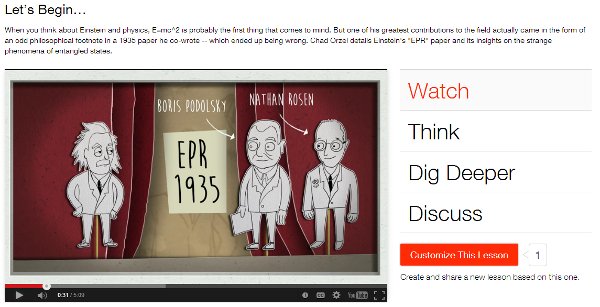Two roads diverged in a yellow wood, And caused me no small amount of panic For traveling both of them would be good But there simply was no way I could Until I remembered quantum mechanics. So half my wavefunction I sent left And rightward steered the other half Both pieces of me with equal… Continue reading Both Roads Taken
Category: Quantum Optics
Announcing the Schrödinger Sessions: Science for Science Fiction
A few years back, I became aware of Mike Brotherton’s Launch Pad Astronomy Workshop, and said “somebody should do this for quantum physics.” At the time, I wasn’t in a position to do that, but in the interim, the APS Outreach program launched the Public Outreach and Informing the Public Grant program, providing smallish grants… Continue reading Announcing the Schrödinger Sessions: Science for Science Fiction
The Philosophical Incoherence of “Too Many Worlds”
Phillip Ball has a long aggrieved essay about the Many-Worlds Interpretation, which is, as Sean Carroll notes, pretty bad. Ball declares that Many-Worlds is “incoherent, both philosophically and logically,” but in fact, he’s got this exactly backwards: Many-Worlds is, in fact, a marvel of logical and philosophical coherence, while Ball’s objections are incoherent and illogical.… Continue reading The Philosophical Incoherence of “Too Many Worlds”
Three More Things Every Human Should Know About Light
Rhett Allain has a list of 5 Things Every Human Should Know About Light, to tie in with the International Year of Light, and it’s a good list with lots of .gifs. Of course, there are some gaps, so let me offer some additional things that everyone ought to know about light: — Light Is… Continue reading Three More Things Every Human Should Know About Light
Particle-Wave Duality for Eight-Year-Olds
Over at Scientific American’s Frontiers for Young Minds blog, they have a great post on what happens when you ask scientists to explain key elements of a different research field. It’s pretty funny, and rings very true, as SteelyKid asks me tons of science questions, very few of which have anything to do with atomic,… Continue reading Particle-Wave Duality for Eight-Year-Olds
Quantum Optics: The Game
Over on Facebook, my colleague Chris Chabris was talking up a smartphone game from a company he’s associated with. Which of course got me thinking “Wait, why don’t I have a smartphone game company?” (The Renaissance Weekend is also partly to blame, as I was one of about six people there who didn’t have a… Continue reading Quantum Optics: The Game
Advent Calendar of Science Stories 19: Eucatastrophe
As I endlessly repeat, I’m an experimentalist by training an inclination, so I especially appreciate stories about experimental science. There’s something particularly wonderful about the moment when an experiment clicks together, usually after weeks or months of hard, frustrating work, when things just keep breaking. Of course, sometimes, breaking stuff can be a Good Thing.… Continue reading Advent Calendar of Science Stories 19: Eucatastrophe
High Precision, Not High Energy: Video
Back in August, I gave a talk in Stockholm at the Nordita workshop for science writers, about precision measurement searches for physics beyond the Standard Model. There’s now video of this online: The video quality isn’t great, but if you’d like a clearer look at the slides, I’ve posted them on SlideShare. The talk was… Continue reading High Precision, Not High Energy: Video
John Stewart Bell Prize: Nominations Wanted
In odd-numbered years (by the Gregorian calendar, anyway), the University of Toronto offers the John Stewart Bell Prize for Research on Fundamental Issues in Quantum Mechanics and Their Applications. This is not connected to the Jon Stewart of the Daily Show– he’s purely classical, as you can tell from the fact that there’s no “h”… Continue reading John Stewart Bell Prize: Nominations Wanted
Entangled States at TED-Ed
The fourth video I wrote for TED-Ed is now live: Einstein’s Brilliant Mistake: Entangled States. The title is not just an Elvis Costello reference, but gets at the fact that while the Einstein, Podolsky, and Rosen paper was wrong in that the local hidden variable theories they favored are impossible, it turned out to be… Continue reading Entangled States at TED-Ed




